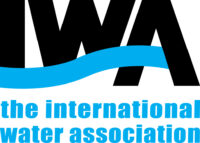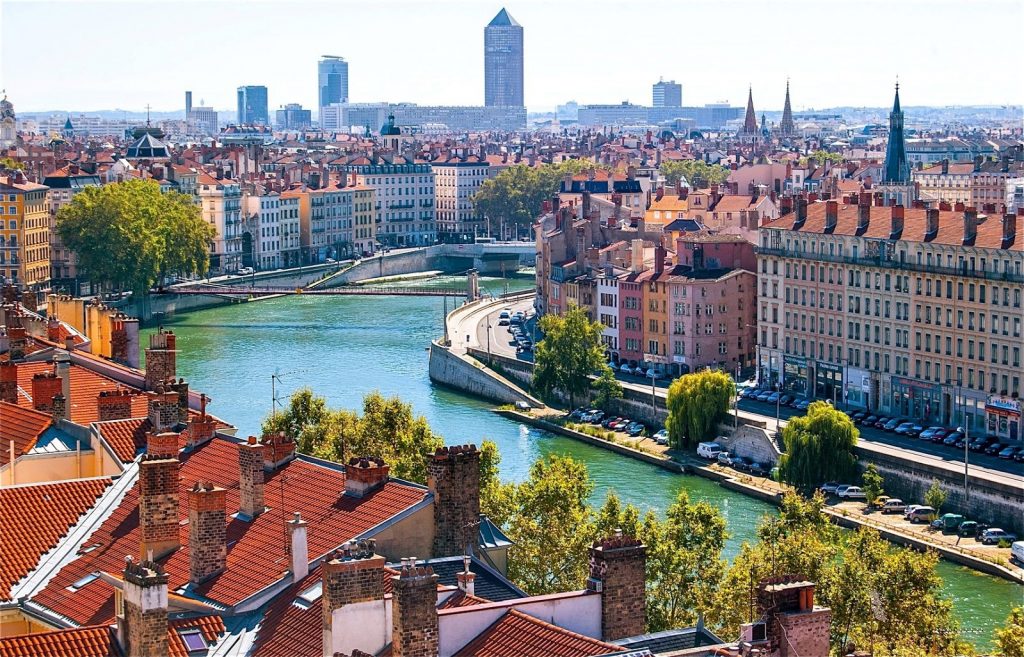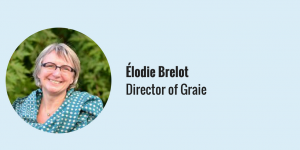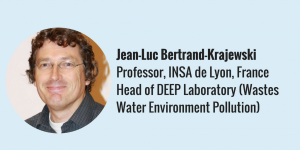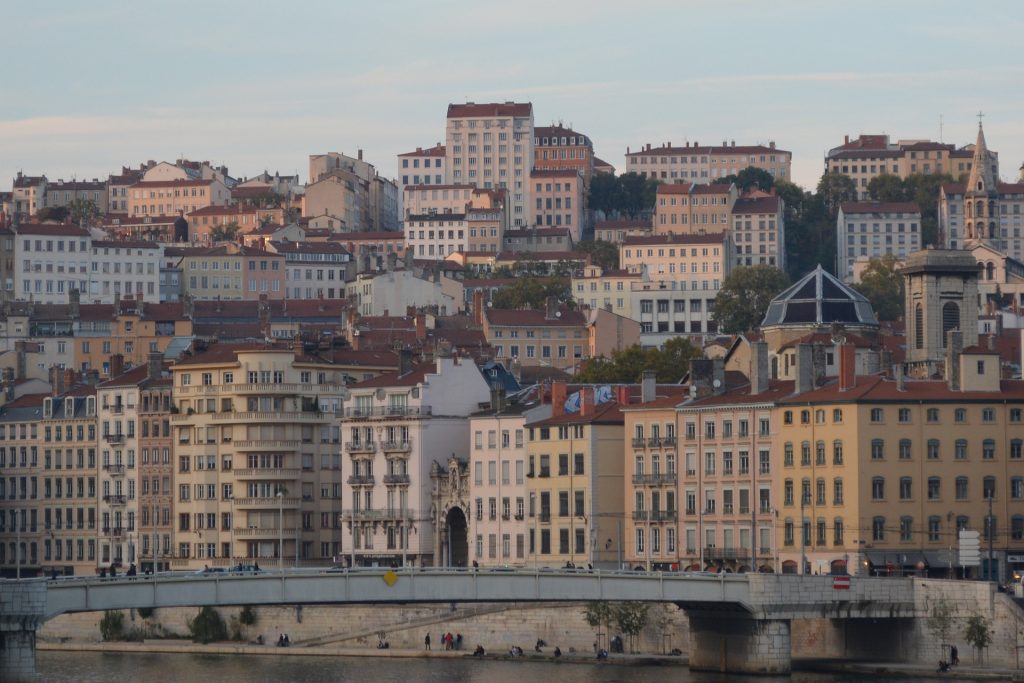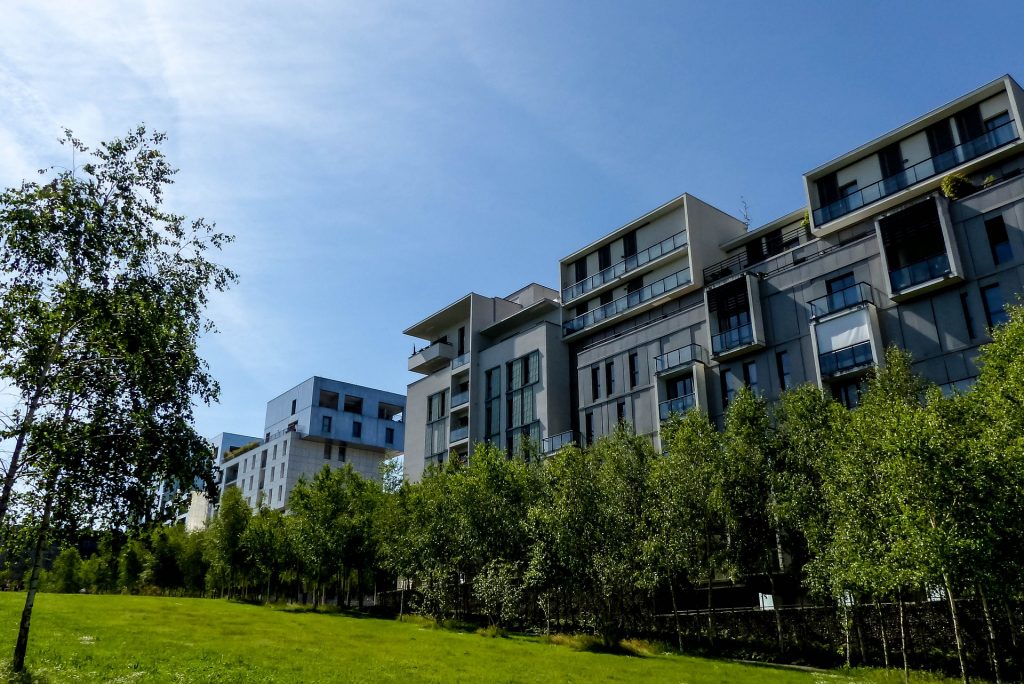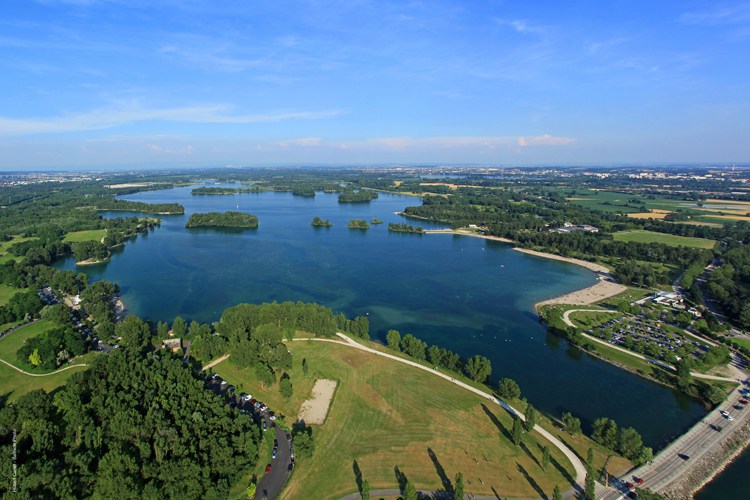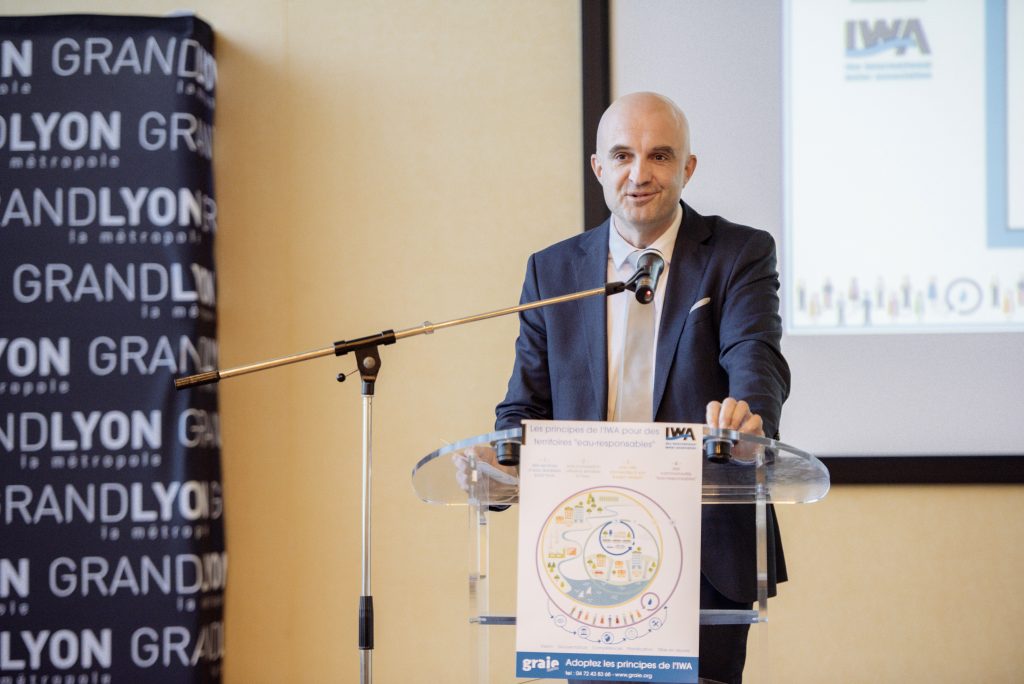A Growing Metropole Adapting to Climate Change
Water is a key element for citizens and for the overall liveability of a city. The Lyon Metropole benefits from abundant resources from the Rhône River and the associated groundwater, supplying its inhabitants with clean and safe water on a daily basis. The wastewater treatment system (3200 km of sewage network and 12 treatment plants) ensures high pollutant removal rates and thus keeps environment and ecosystems clean and healthy. During rain events, 50% of the runoff is infiltrated directly by green infrastructure and the other 50% is collected in the sewage network. 5 to 10% of this collected runoff is discharged without treatment into rivers by overflow structures. One of the main challenges over the last 10 years is finding solutions to keep the overflow fraction below 5%.
Between now and 2030, Lyon expects its population to grow by 300 000 new inhabitants, of which 150 000 in the CBD. The densification of the city is likely to pose many problems if not well planned, such as increasing imperviousness, over-use of groundwater, increased flood risks, and higher pollution of aquatic ecosystems through inadequate stormwater management. Therefore the regional and metropolitan government initiated the Masterplan for Territorial Coherence initially approved in 2010 and more recently expended to the 59 municipalities of the Metropole. It intends to support the development of a dense urban core, with priority to service the highly populated areas and to ensure adequate and fast public transit, while also protecting the environment and the natural water resources of the territory through increased resilience measures. Rainfall and flooding risks have been analysed and mapped in the masterplan. New regulations are currently being discussed in order to reduce the vulnerability (by reducing urbanisation in risky areas) and to control natural risks.
Lyon Metropole is also facing challenges associated with the impacts of climate change, which are likely to increase the number and intensity of droughts in the region. Securing alternate water resources, as well as the reduction and prevention of urban heat islands are important components integrated in the urban planning of Lyon and in the climate masterplan.
